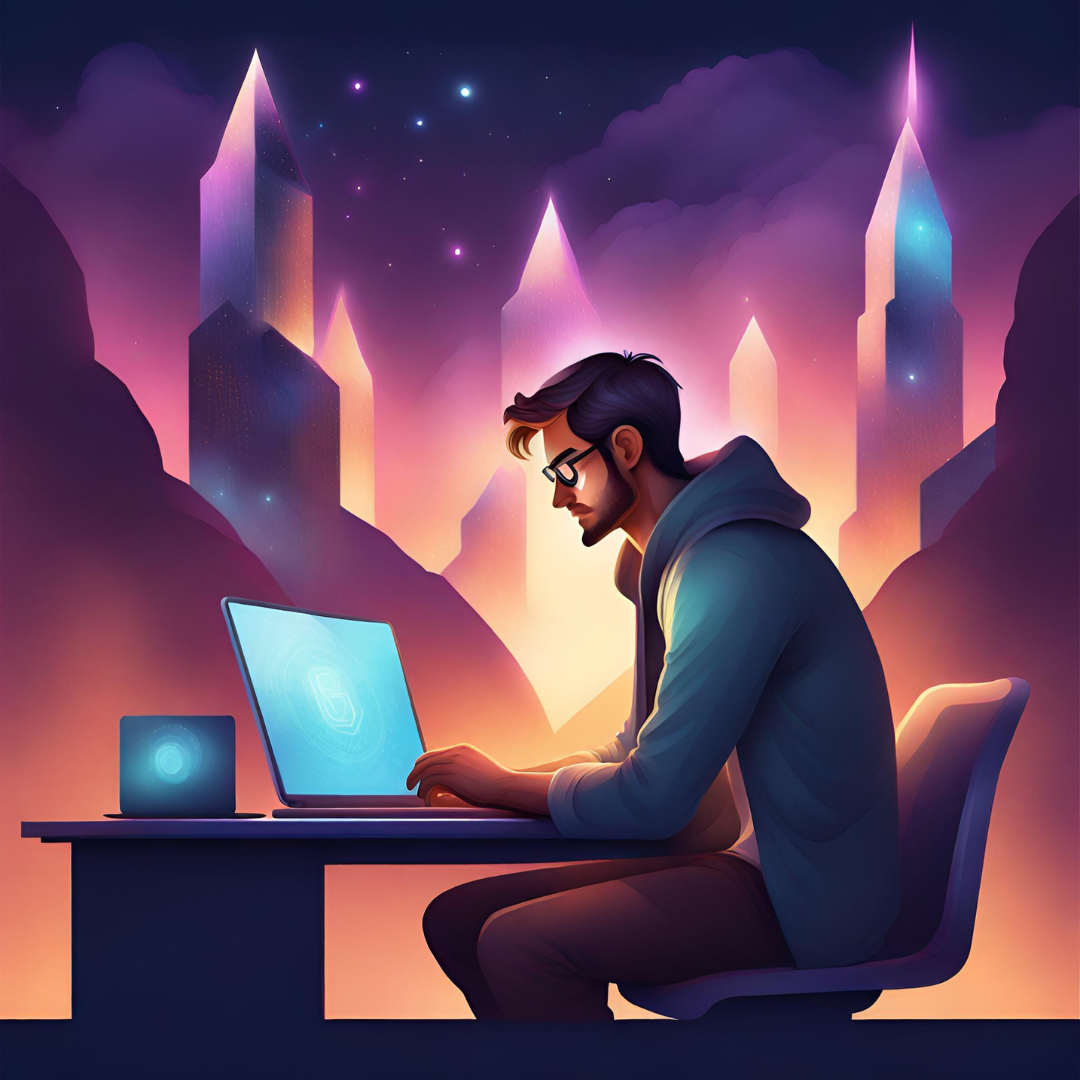How can a developer improve skills?
To enhance one’s skills as a developer, it’s imperative to engage in continuous learning by staying updated with the latest technologies and setting clear, achievable goals. Regular practice and participation in collaborative projects, especially in open-source communities, provide valuable hands-on experience and exposure to different coding styles.
Reading and analyzing code from diverse sources, along with utilizing online courses, books, and documentation, deepen understanding and proficiency.Problem-solving platforms and engaging in code reviews further refine one’s abilities. Embracing version control systems like Git, seeking mentorship, and specializing in a specific area of development are crucial steps.
Networking through meetups, conferences, and forums fosters connections with peers, while nurturing soft skills like communication and teamwork complements technical expertise. Additionally, personal projects aligned with one’s interests serve as powerful learning tools. Regular feedback and self-assessment, along with maintaining a healthy work-life balance, are integral components of a developer’s ongoing growth and success.
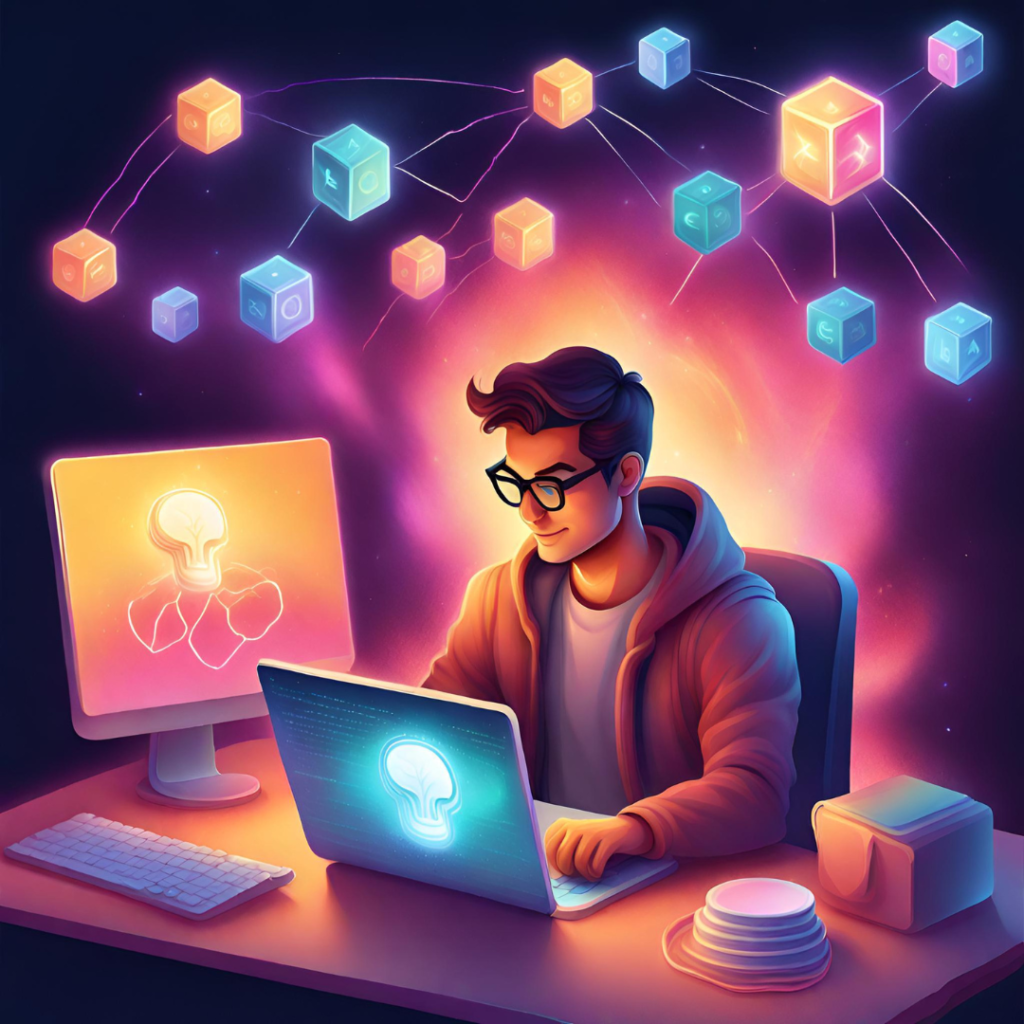
Continuous Learning
Read Books and Documentation: Books and official documentation are excellent sources of in-depth knowledge. They often cover foundational concepts and best practices.
Online Courses and Tutorials: Platforms like Udemy, Coursera, edX, and free resources like YouTube offer a wide range of courses on various programming languages and technologies.
Blogs and Articles: Follow tech blogs and websites. They often cover new trends, techniques, and best practices.
Podcasts and Webinars: Listening to experienced developers discuss their work and experiences can provide valuable insights and introduce you to new concepts.
Stay Updated with Industry Trends: Technology evolves rapidly. Follow industry news, conferences, and forums to stay up-to-date.
Hands On Practice

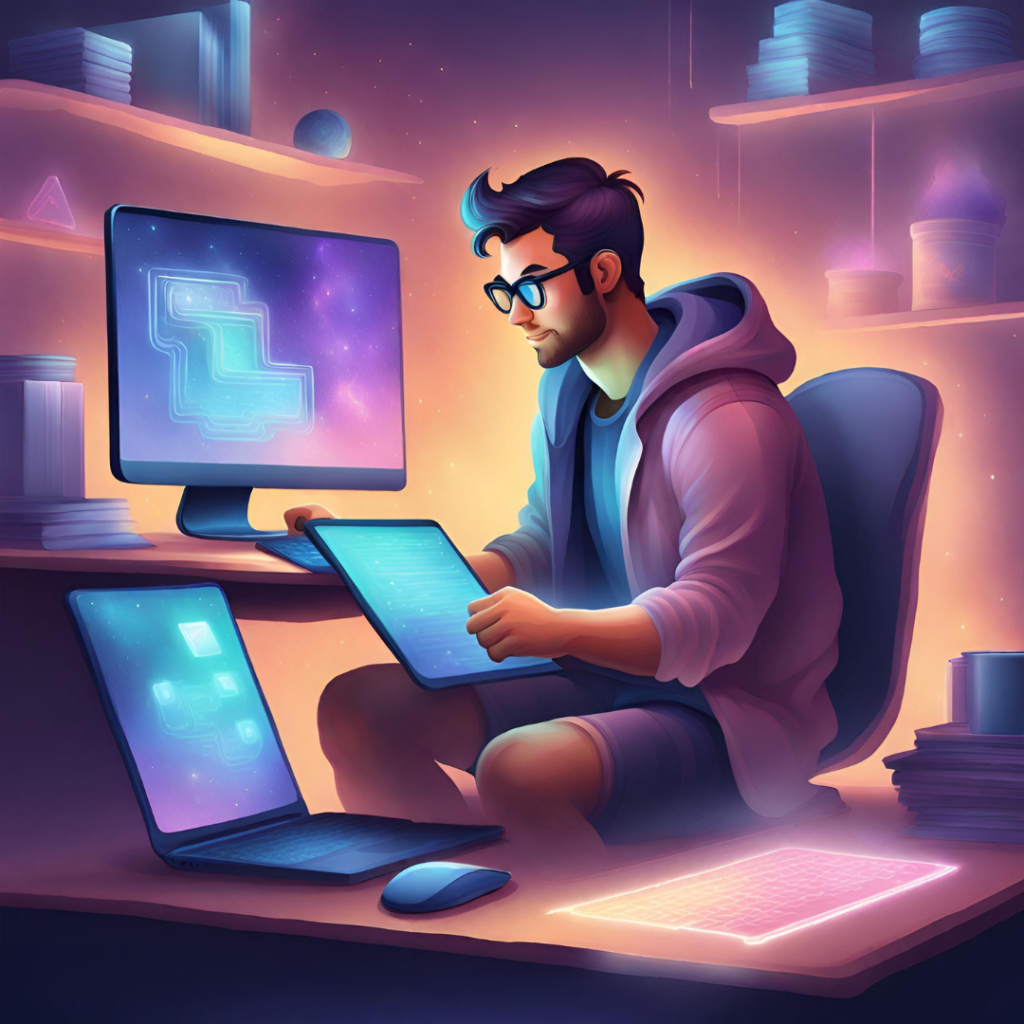
Expand Your Skill Set
Learn New Languages and Frameworks: Being versatile makes you more adaptable to different projects. Choose technologies relevant to your interests and career goals.
Understand Data Structures and Algorithms: Strong knowledge in these areas is crucial for efficient problem-solving.
Version Control Systems (e.g., Git): Understanding how to use version control effectively is essential for collaborative development.
Seek Feedback and Mentorship
Code Reviews: Participate in or conduct code reviews. This helps you learn from others and improve your code quality.
Mentorship and Networking: Join developer communities, attend meetups, or seek mentorship from experienced developers. This can provide guidance, expose you to different perspectives, and help you learn faster.
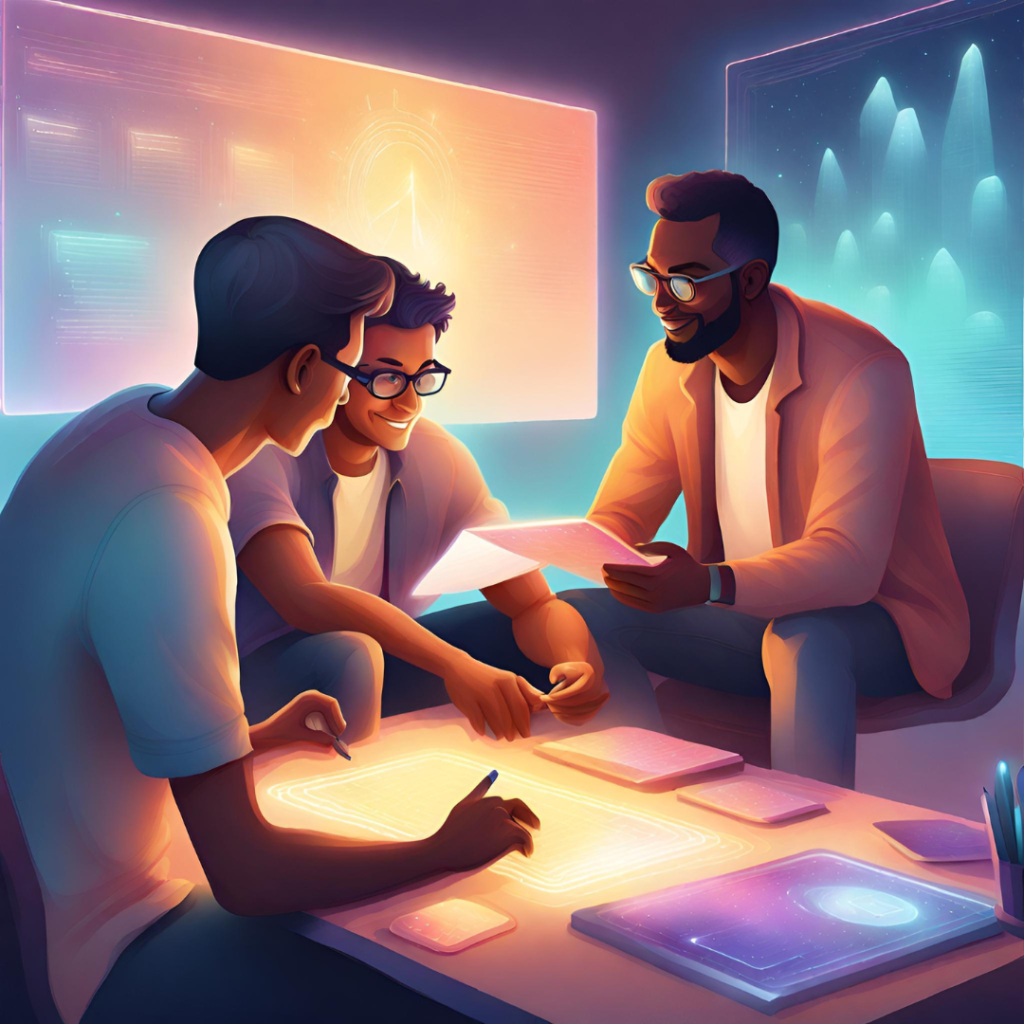

Stay Curious and Experiment
Experiment with New Technologies: Don’t be afraid to try new tools or languages. This helps you understand the strengths and weaknesses of different technologies.
Debugging Skills: Learning how to effectively debug code is as important as writing it. Practice troubleshooting and resolving issues.
Documentation and Communication
Write Clean and Readable Code: This not only makes it easier for others to understand your code but also helps you in the long run.
Document Your Code: Write clear comments and documentation to make your codebase more understandable and maintainable.
Communication Skills: Being able to explain technical concepts to non-technical stakeholders is a valuable skill.
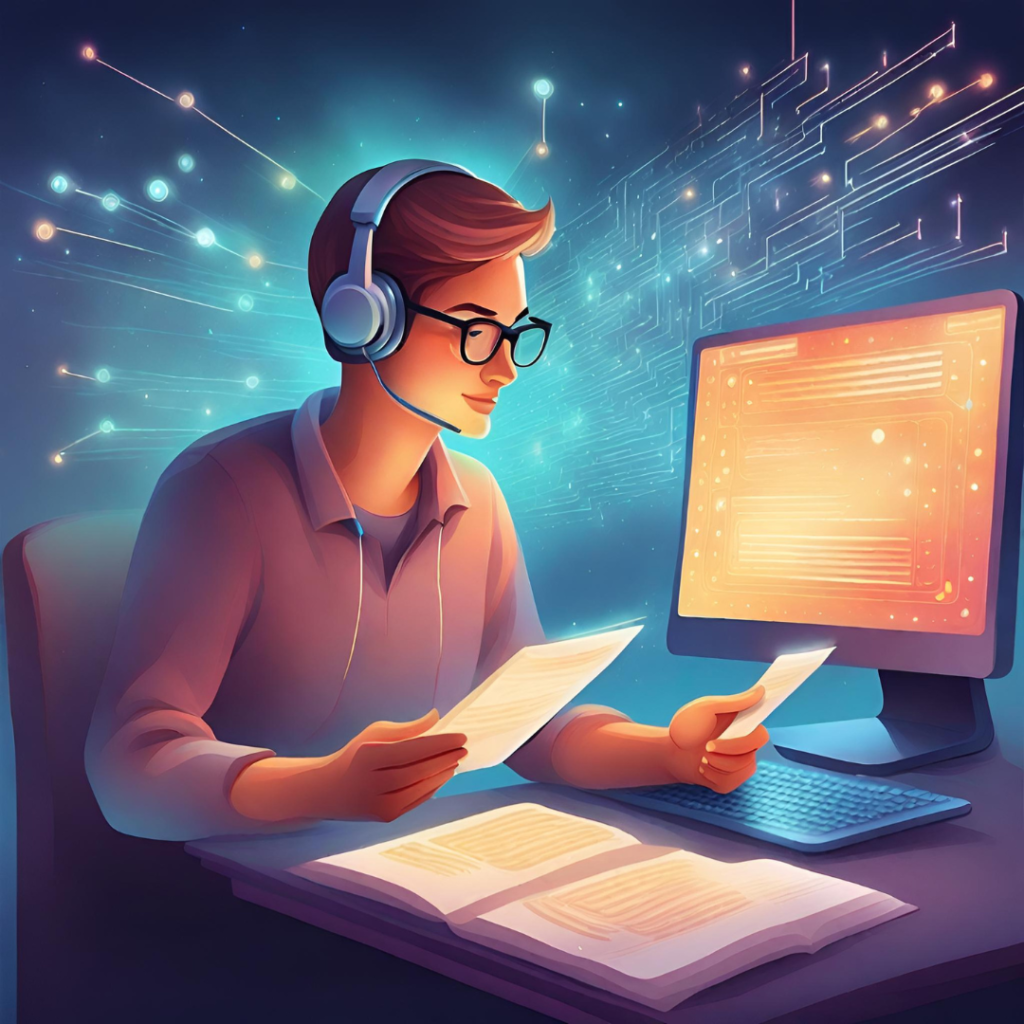
Here are few suggested reputable websites and resources where you can find real-time information on technology trends and job listings:
Remember, improvement takes time and patience. Stay persistent and keep challenging yourself. Also, focus on building a strong foundation in computer science principles as they will be applicable across various technologies.
